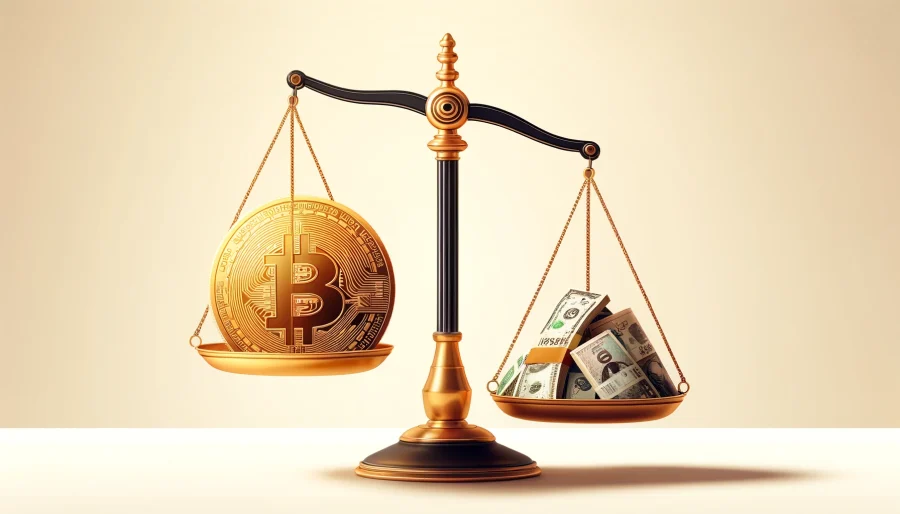What constitutes a “startup”? Is it the age of a company? Its size? Its funding? Its profitability? Its position in the industry?

Steve Jobs often speaks of Apple’s “startup” culture. Last week, an article in the New York Times referred to the seven-year-old airline Virgin America as a startup.
And last month, Louis Gray posted a list on his blog of the “50 Top Startups Worth Watching.” In devising the list, he described some of the parameters he used in selecting the companies: “With the understanding that being a private company does not always mean you are a startup, I looked below the uber-players such as Twitter, Facebook, LinkedIn, Groupon, Craigslist, Tesla.”
Gray makes a distinction between between “uber-player” and “startup” for the purposes of his list, and I do wonder, following their recent round of funding if Foursquare still constitutes a “top startup” or if they’ve moved into the “uber” category?
Questioning the definition of “startup” was the topic of a recent post on YouTern‘s blog. For YouTern, the definition is important as the company helps match college interns with startups. And as it receives inquiries from prospective businesses who may or may not be startups, a good working definition of “startup” is crucial in order to decide who would fit its program.
As CEO Mark Babbitt writes in the post, it seemed to make sense to start with Steve Blank‘s definition: “A startup is an organization formed to search for a repeatable and scalable business model.”
But Babbitt felt as though that definition wasn’t quite sufficient, as it didn’t really speak to the importance of the entrepreneur within the startup. So YouTern’s definition was expanded to read “a startup is an entrepreneurial-driven organization formed to search for a repeatable and scalable business model.”
To that definition, Babbitt also adds an element of mitigating risk as, he write, “some would argue that a certain amount of risk is central to the development of most start-ups, as is innovation.” So startups involve risk and innovation – but arguably most successful businesses do.
Defining “startup” is necessary for YouTern as the company’s mission is to work with those businesses. For others, perhaps, a strict delineation is less important.
But I am curious. Is it, to paraphrase Supreme Court Justice Potter Stewart, one of those “I know it when I see it” sorts of things? Please contribute your definition of “startup” below!










